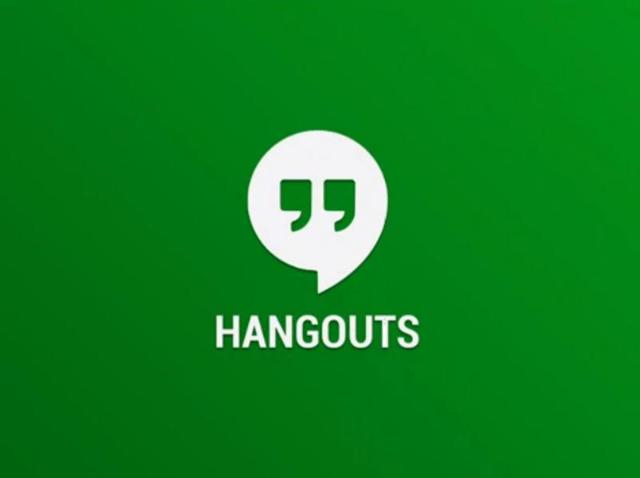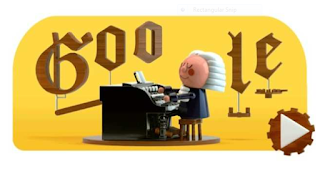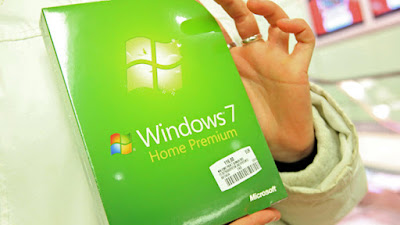No, Google Hangouts is not shutting down — it's just rebranding
Hangouts,
Google's chat app, first debuted in 2013. A report on November 30, 2018 said
that sources confirmed Hangouts would be shutting down in 2020, to the surprise
of absolutely no one. But there's one slight problem: that's not what's
happening at all, and the Google product lead for Hangouts.
I can see how
people might get confused there; they see "Hangouts" and "shut
down" and think the whole thing's dying Hangouts has been generally been
declared "abandoned," "stagnant" and "dying"
several times in its five-year history. It'd be almost reasonable if we
hadn't known that Hangouts can't die, at least not in
the foreseeable future, because Hangouts is a G Suite service that
paying businesses rely on.
And for all the grief it gets,
Hangouts does its job well, especially for video conferencing with outside
participants.
Google began refocusing
Hangouts for enterprise two years ago, and in March 2017, two new services were
announced in the form of Hangouts Chat and Hangouts Meet. Hangouts Chat brings an integrated team messaging system
to G Suite locked down with Google Vault and secured to ISO, GDPR,
and HIPAA certifications.
Hangouts Meet
gives businesses a secure but simplified way to hold conference calls and video
chats with employees and outside participants no matter where they are or what
device they're using. Hangouts Meet on G Suite Enterprise works with computers
and smartphones, and even features a call-in phone number, and speaking from
experience, that call-in number can be a lifesaver on an important team call. G
Suite even sells Hangouts Meet Hardware with cameras, dedicated speakermics, and
touch-panel video displays, which are self-diagnosing when something goes wrong
with a call.
Now, all of this emphasis on business can make it seem like
consumer access to Hangouts is going away, but I don't believe that's happening
either. Hangouts is still one of the most consistent cross-platform chat apps
on the market, and Google's product lead for Hangouts, users would be upgraded
or migrated to Hangouts Chat and Hangouts Meet.
At the moment, Hangouts Chat and Hangouts Meet are G Suite-only,
but these will not just be enterprise products. If I had to guess, Hangouts is
going to end up like Google Keep. Keep
is a part of G Suite, but it's widely
used by consumers as part of the Google Drive product family. Keep continues to
see improvements and refinements made to the service, and regular users reap
the same benefits as businesses.
When Hangouts migrates "Classic" users to Hangouts
Chat and Hangouts Meet, they'll continue to see benefits and improvements to
the service just as enterprise users will, because if Google wants to keep G
Suite customers, they need Hangouts to compete. If/when the Chat/Meet
migration happens, it just means that the Hangouts team will only have to
support two apps for its service, not three, meaning they should have more time
to work on features and fixes.












